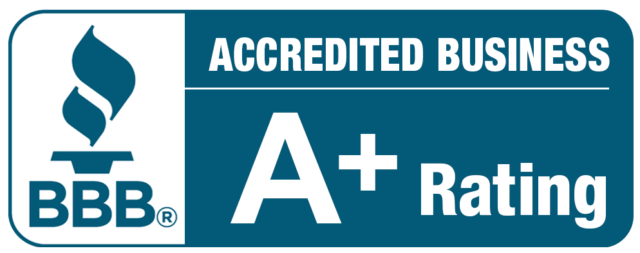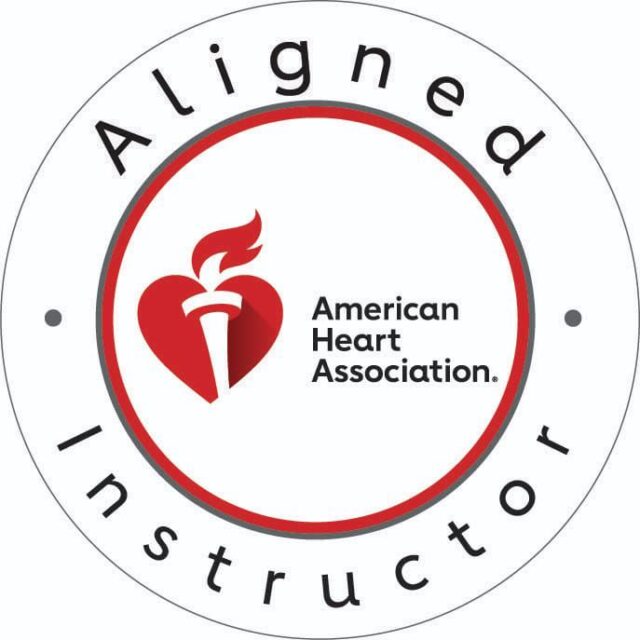Chances are that you have an elderly one around you and you looking for a perfect diet planning strategy for the elderly that will suit them as well. Although there is no one size fits all dieting plan for everyone but with a proper guide, you can find one fit for your loved one or patient.
In the golden years of life, maintaining optimal health becomes a paramount concern, and fitness and diet planning emerge as crucial factors in achieving this goal. As the sun sets on a life well-lived, the elderly require a carefully curated and personalized approach to nutrition, one that addresses their unique physiological needs, overcomes challenges, and fosters well-being.
At this point, we understand that diet planning for the elderly goes beyond mere sustenance; it becomes a gateway to vitality, longevity, and a higher quality of life. For the elderly, food is a catalyst for rejuvenation, nourishment, and delight.
By understanding their changing nutritional requirements, addressing common challenges, and implementing practical strategies, we can unlock the secrets to optimal health for seniors.
Here in this guide, we show you the essence of diet planning for the elderly, and how you can plan one for your patient or loved one.
Why plan a diet for the elderly?
#1. Nutritional Needs
As individuals age, their bodies undergo various physiological changes. Nutrient requirements may increase or become more challenging to meet due to changes in metabolism, digestion, and nutrient absorption.
Planning a diet tailored to the specific nutritional needs of the elderly ensures that they receive adequate nutrients for optimal health and well-being.
#2. Preventing Malnutrition
Malnutrition is a significant concern among the elderly population. Poor nutrition can lead to weight loss, muscle wasting, weakened immune function, and increased vulnerability to illness.
By planning a well-balanced diet, we can help prevent malnutrition and its associated health risks.
#3. Managing Chronic Diseases
Many elderly individuals suffer from chronic diseases such as cardiovascular conditions, diabetes, or osteoporosis.
A carefully planned diet can play a crucial role in managing these conditions, promoting better control of blood pressure, blood sugar levels, or bone health.
#4. Maintaining Cognitive Function
Proper nutrition is closely linked to brain health and cognitive function. Certain nutrients, such as omega-3 fatty acids, antioxidants, and B vitamins, have been associated with better cognitive performance and a reduced risk of cognitive decline and dementia.
Diet plans for the elderly can help ensure they receive these vital nutrients to support brain health. This is one of the ways to care for patients living with Parkinson’s and Alzheimer’s.
#5. Enhancing Quality of Life
A healthy diet not only supports physical health but also contributes to overall well-being hence the need for diet planning for the elderly.
Providing the elderly with nutritious and enjoyable meals can improve their appetite, energy levels, and mood. It can also foster independence and a sense of control over their health, leading to a higher quality of life.
#6. Managing Medications
The elderly often take multiple medications, which can interact with certain nutrients or affect appetite and digestion.
Diet planning for the elderly allows for careful consideration of potential interactions, ensuring that medication efficacy is not compromised and nutritional needs are met.
#7. Addressing Specific Challenges
The elderly face various challenges that can impact their diet, such as changes in appetite, dental issues, limited mobility, or cognitive impairment.
By planning meals that consider these challenges, we can overcome barriers to proper nutrition and ensure they receive nourishment despite these difficulties.
What essential nutrients should the diet for the elderly contain?
Diet planning for the elderly requires an understanding of their changing nutritional needs. Aging affects the body’s metabolism, digestive system, and nutrient absorption, making it crucial to focus on nutrient-dense foods.
Essential nutrients, such as protein, vitamins (especially B12 and D), minerals (like calcium), and fiber, should be prioritized in their daily meals.
- Protein: Adequate protein intake helps maintain muscle mass and strength, supporting mobility and preventing frailty. Sources of lean protein include poultry, fish, beans, and tofu.
- Vitamins and Minerals: Aging bodies may require supplements or dietary modifications to meet vitamin and mineral needs. For instance, vitamin B12 deficiencies are common among older adults and can be addressed through fortified foods or supplements.
- Fiber: A high-fiber diet aids in digestion, prevents constipation, and lowers the risk of heart disease. Whole grains, fruits, vegetables, and legumes are excellent sources of dietary fiber.
Practical Tips For Planning A Diet For The Elderly.
Above we have outlined the reasons why meal planning is essential for seniors, we recommend you consult a dietitian or nutritionist near you for professional advice on how to go about it.
For a basic start, here is a practical guide on how to go about it.
- Encourage Hydration: Adequate hydration is essential for overall health. Encourage seniors to drink water regularly and consume hydrating foods like fruits, soups, and herbal teas. Experts generally recommend that older adults consume at least 1.7 liters of fluid per day.
- Emphasize Variety: A varied diet ensures a broad spectrum of nutrients. Encourage the inclusion of different food groups, colors, and textures in their meals.
- Ensure Adequate Calcium Intake: Aging increases the risk of osteoporosis. Calcium-rich foods such as dairy products, fortified plant-based alternatives, and leafy green vegetables should be incorporated into the diet. according to Houston Methodist, the average adult needs 1,000 mg of calcium per day. The amount increases to 1,200 mg per day for women over the age of 50 and men over the age of 71.
- Limit Sodium Intake: Excessive sodium consumption can lead to high blood pressure and other health issues. Encourage the use of herbs, spices, and other flavorings instead of salt for seasoning. For the elderly, a recommended daily sodium intake should be between 1500-2000mg according to Walker Methodist.
- Promote Social Eating: Eating with family or friends can enhance enjoyment and promote better food intake. Encourage seniors to share meals with loved ones or participate in community meal programs.
Note
Effective diet planning is crucial for the elderly to maintain good health and well-being. By understanding their unique nutritional needs, addressing common challenges, and implementing practical tips, we can support the elderly in achieving optimal nutrition.
Remember, regular consultation with healthcare professionals and involving family members or caregivers in the diet planning process can contribute to the success of this important endeavor. With a well-planned diet, the elderly can enjoy a fulfilling and healthy lifestyle in their golden years.
We hope you found this guide helpful.
If you are in Indiana and looking for how to access quality care services and personalized client care plans, visit Good Hands home care agency, where care is offered with professionalism and efficiency.






2 comments
Pingback: How to Reduce Patient Health Risks During the Holidays
Pingback: 15 Common Misconceptions about Home Care
Comments are closed.